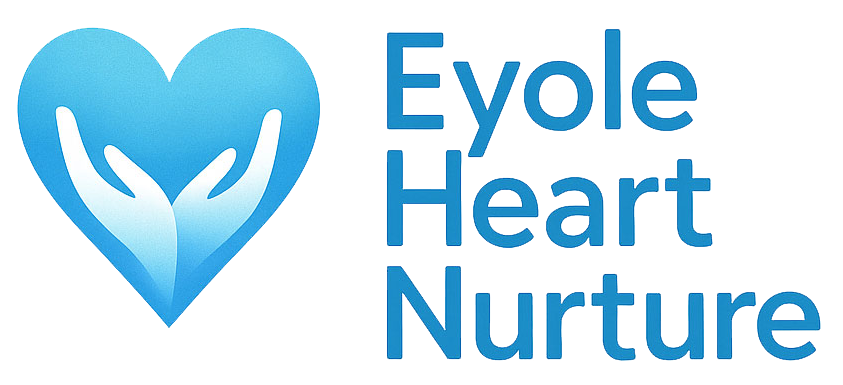Samuel is a 55-year-old man. Like many in his community, he was diagnosed with heart failure, a condition that affects millions worldwide but poses unique challenges in Cameroon and sub-Saharan Africa. Samuel’s journey is one of courage amid obstacles, and his story highlights the difficulties many face and the hope that research and faith offer.
Heart failure patients in Cameroon face a harsh reality. Studies show the in-hospital mortality rate for heart failure patients can reach 17%, driven by factors including late diagnosis, limited access to advanced diagnostics like echocardiograms, and resource constraints in the health system. Many patients, like Samuel, arrive at hospitals only when their symptoms are severe, making treatment more difficult.
The common causes of heart failure in Cameroon include hypertensive heart disease, cardiomyopathies, and complications from infections like tuberculosis and HIV, conditions that add layers of complexity to managing heart failure. Despite advances in treatments globally, many patients in Cameroon have limited access to guideline-directed therapies and cardiac devices, compounded by financial burdens and a shortage of healthcare professionals. Read more about the challenges here.
Barriers Beyond the Hospital
Social stigma and misconceptions about heart disease sometimes delay seeking medical attention, leading some to consult traditional healers first. This delays effective treatment and worsens outcomes. In such environments, even staying active and managing lifestyle can be overwhelming.
Checking Inward Wellness
Samuel also contends with worry and fear, emotions common among heart patients. (Proverbs 17:22) affirms the power of positive emotions in healing – “A joyful heart is good medicine…”
Worry, anger, and bitterness can affect not just spiritual but also physical heart health. Medical science confirms that stress and negative emotions raise blood pressure and inflammation, worsening cardiovascular outcomes.
Staying Active: The Key to Well-Being
Contrary to past beliefs that worsened heart failure, patients should rest extensively; research shows continuing activity, including exercise, work, and intimacy, is healthy and safe for most people with heart failure. For Samuel, gentle walking, light household tasks, and social engagement improved his quality of life significantly.
Next Steps
At EyoleHeartNurture.com, we invite you to listen keenly to your body’s signals. Your heart is more than a muscle; it’s the sacred center of your being. Take our free heart test and remember, early care is a gift to yourself and those who love you.
Frequently Asked Questions
What are the challenges for patients living with heart failure?
Challenges include late diagnosis, limited treatment options, financial hardship, symptom management, emotional stress, and health system shortages.
What are the problems faced by heart patients?
Physical limitations, frequent hospital visits, medication costs, and psychological distress are common.
What is the challenge of heart disease to society?
Heart disease contributes significantly to mortality, disability, and healthcare costs, especially in low-income settings.
What are the health issues in Cameroon?
Infectious diseases dominate, but cardiovascular diseases, especially hypertension and heart failure, are rising, burdened by scarce health workforce and poor insurance coverage.
What are the barriers to heart failure care?
Barriers include limited diagnostic capabilities, high financial costs, a shortage of specialists, cultural beliefs, and rural access issues.
What is the biggest problem in heart failure?
Delayed treatment and progression to severe symptoms with inadequate access to guideline-based care pose the biggest risk.
What is the biggest cause of heart problems?
Hypertension is the leading cause worldwide and in Cameroon, driving much of heart failure and stroke.





